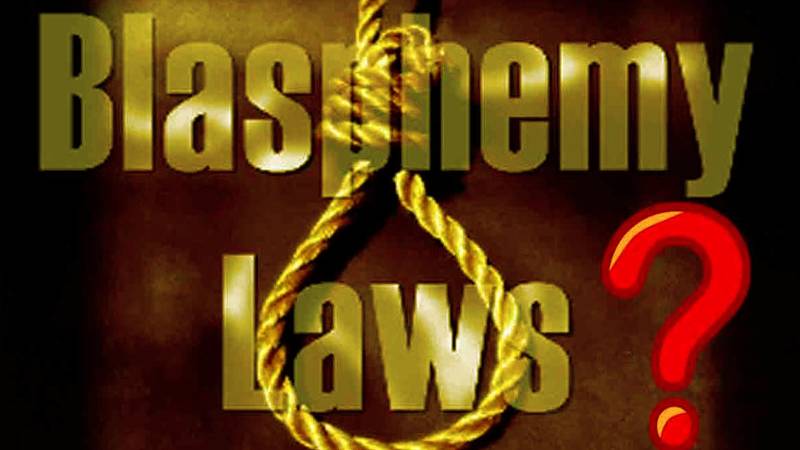
The participants of a conference on the theme “Addressing religiously motivated violence” demanded that the government should immediately establish a Commission of Inquiry to probe into the factors behind the escalating violence, particularly the abuse of Sections 295-A, B, and C and 298-A, B, and C, and determine the scale of abuse, identify factors behind it, propose remedies, and find a way out of this situation.
The speakers at the conference expressed that there was an organic link between pervasive religious intolerance and certain lopsided policies and laws, most notably blasphemy laws. The Centre for Social Justice (CSJ), which has been collecting data for several years, presented an assessment of crimes against religious minorities and recent developments, including a factsheet on the abuse of blasphemy laws.
The conference welcomed the passage of resolutions condemning violence in the name of religion and supporting the right to life in the aftermath of brute violence exemplified in the incidents of mob violence in Sargodha and Swat by the National Assembly, Senate, and Punjab Assembly.
The speakers, including Peter Jacob, Nadeem Ashraf, Ijaz Alam Augustine, Arafat Mazhar, Asad Jamal Advocate, Moulana Mehmood Ghaznavi, Samson Salamat, Bishop Abraham Daniel, Maheen Paracha, Salman Farooq, Michelle Chaudhry, Suneel Malik, Kashif Aslam, Tayyaba Rafiq, and Yasar Talib, demanded the government introduce safeguards against the abuse of blasphemy laws and prosecute and punish the perpetrators using allegations of blasphemy and incitement to violence.
Peter Jacob, the executive director of the Centre for Social Justice (CSJ), stated that the blasphemy laws of Pakistan have been grossly abused, with many people lodging false complaints against innocent persons to settle personal scores. These incidents have fostered a climate of religiously motivated violence and persecution in several parts of Pakistan.
Nadeem Ashraf, a Punjab member of the National Commission for Human Rights (NCHR), stated that every individual, regardless of their religion, ethnicity, or social status, is entitled to the right to life, liberty, and security as guaranteed under Articles 9 and 14 of the Constitution of Pakistan. Furthermore, the Universal Declaration of Human Rights and the International Covenant on Civil and Political Rights, to which Pakistan is a party, obligate the state to protect these fundamental rights and prevent any form of extrajudicial killing.
Asad Jamad said that the misuse of blasphemy laws is causing terror and fear among victims. It is more worrisome that the infrastructure of violence, involving human power, loudspeakers, and extremist groups, is available on the ground at the community level, which needs to be dealt with strategically.
Arafat Mazhar said that the intention of the accused must be considered during the investigation and trial; otherwise, innocent persons will continue to face imprisonment on account of the misuse of blasphemy laws by certain elements, who continue to enjoy impunity despite making false accusations.
Ijaz Alam Augustine, former minister for human rights, said that all stakeholders, including academics, religious leaders, politicians, and civil society, need to engage in dialogue to address the menace of violence in the name of religion. He added that the person making false accusations of blasphemy must be brought to justice with the implementation of existing safeguards.
Moulana Mehmood Ghaznavi said that the groups involved in violence in the name take the law into their own hands and arbitrarily perform multiple functions as actors, including judges, police, and hangmen. He added that killing a person cannot guarantee a ticket for an individual or group to paradise; therefore, citizens need to understand that certain groups are playing with their emotions for their own interests.
Maheen Paracha said that prompt police action and evidence preservation are crucial in delivering justice and keeping communities safe. We urge the authorities to take their responsibilities seriously and act decisively in such cases.
Michelle Chaudhary stated that the victims of blasphemy allegations and their families have suffered unimaginable trauma, ranging from physical violence to social ostracism and emotional distress. She said that it is our collective responsibility to provide support and justice to these individuals.
